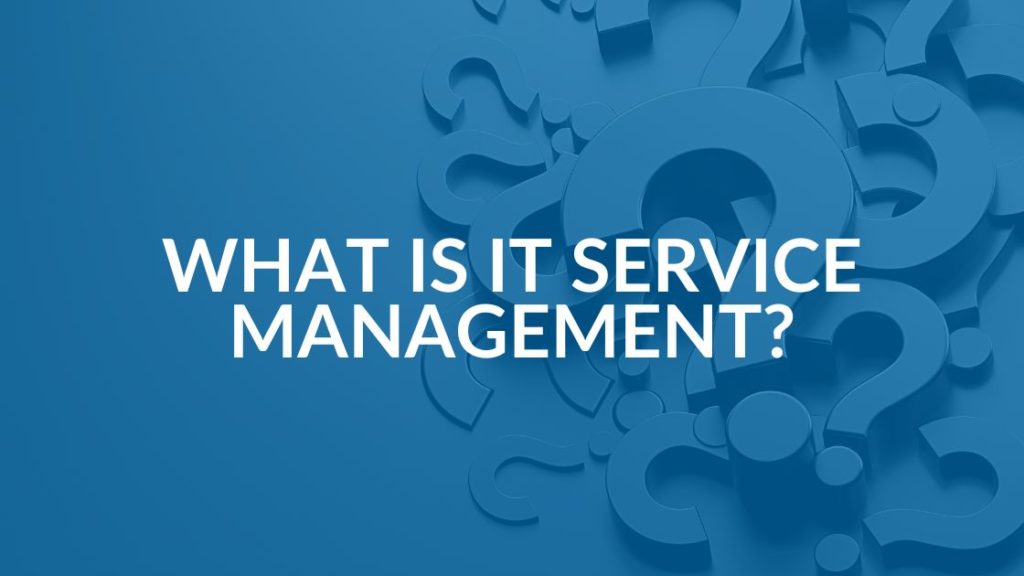How do I roll out a multi-factor authentication set up for my business?
Knowing that MFA is the right move for your business and actually rolling out a multi-factor authentication set up for your team are two very different things. As with any change, there will be some fear and resistance. Here is an action plan to get through the transition smoothly.
- Bring your IT team to the table. Whether it is an internal IT team or a managed service provider (MSP), let them know that MFA should be rolled out across your networks and systems for all users.
- Make it clear that the transition needs to include end-user training and support for the entire team. The only way to successfully roll out MFA without stressing your team or impacting your ability to do business is with empathy and training. An MFA rollout can feel a bit like learning a foreign language to people when it first starts out. With training, they will understand why it is so important and get the support they need to feel comfortable with the new protocols.
- Talk to your vendors and partners. Require that each also have MFA enabled. If any don’t offer MFA security, consider switching to a provider that does.
- Establish a monitoring process so that invalid access attempts can be used to improve your cyber security. Monitoring is especially critical now that people are working from dispersed locations.
- Provide quick support options for people who are locked out or unable to authenticate. This will minimize any attempts to “work around” the system and also make sure that your MFA rollout has as little impact as possible on productivity.
Many small and midsize businesses will need some help with multi-factor authentication set up from a trusted IT partner as well as ongoing support to train teams and monitor access attempts. Even companies with in-house IT teams often find it more cost effective to partner with a managed service provider (MSP) to support their internal teams.
What Is IT Service Management?
An IT service management (or ITSM) company uses a process to plan, support, create, deliver, operate and implement your IT…
Read MoreWhat Are the Benefits of IT Service Management?
IT service management benefits include: IT service management achieves the above benefits by: Aside from the benefits above, using an…
Read MoreWhat Is an Insider Threat in Cyber Security?
An insider threat in cyber security originates from someone who works in your organization or has inside access to your…
Read More- « Previous
- 1
- …
- 4
- 5
- 6



